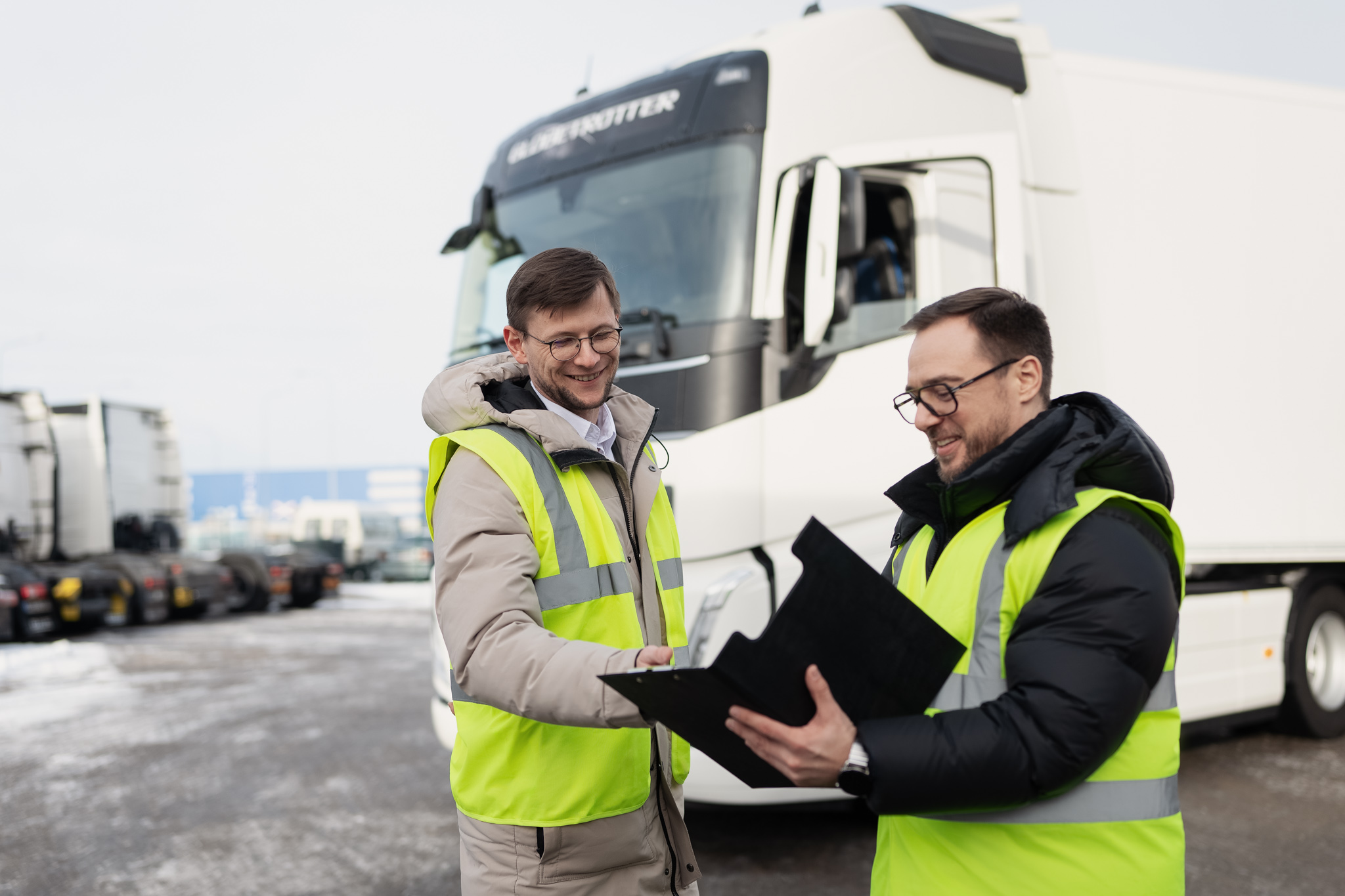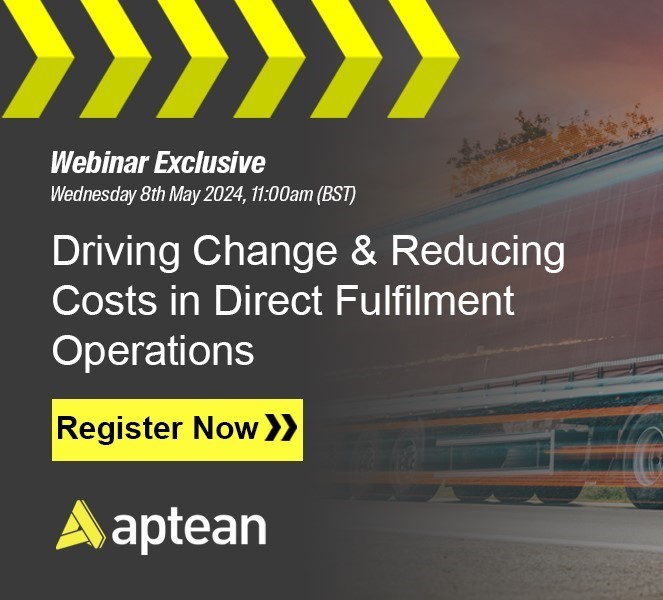Delegate research conducted by Netradyne at the Gartner Supply Chain Planning Summit has revealed the untapped potential of artificial intelligence (AI) to boost fleet safety for greater precision and profitability in supply chain logistics and transportation. Currently, only 33% of respondents use AI to assess and monitor fleet safety performance. However, 81% plan to adopt AI platforms within the next year to mitigate risks and enhance safety for improved operational performance.
The challenges facing third party logistics providers
The survey highlights accuracy, timeliness and cost-effectiveness as the top priorities in goods delivery, named by 57% and 31% of supply chain professionals respectively. However, despite the importance of logistics and transportation precision, companies face persistent obstacles, with a lack of fleet visibility and limited driver availability cited as major factors hampering delivery accuracy.
Accidents are another critical issue, contributing to product damage in transit, damaging the brand image, impacting driver well-being and availability, and driving up costs. Alarmingly, 46% of respondents were uncertain of the total financial impact of accidents on their businesses.
Outdated technologies limit data accuracy
Data is critical for fleet management and safety, with 52% of respondents already sharing data with partners to improve safety standards. However, many current systems rely on outdated technologies, such as telematics and GPS, which have limited functionality. As shown by the significant leap in those planning to adopt AI in fleet safety management, supply chain teams increasingly recognise the value of AI-driven data for its precision and ability to provide more meaningful insights into fleet operations.
AI-driven data: The key to safer, more efficient fleet operations
Integrating AI tools into goods delivery processes offers significant benefits. AI-driven solutions can enhance delivery precision and timeliness by improving fleet visibility and driver availability. They can analyse data to predict and prevent accidents, reduce traffic violations and enhance driver behaviour. By enabling data-driven fleet engagement, AI contributes to a safer and more efficient fleet, providing third-party logistics (3PL) providers with better oversight and control over their operations and significantly reducing costs. These cost savings directly impact profitability, making AI an invaluable asset.
“Transportation is an inherently tough business. With more people on the road and unpredictable conditions, there is more risk for logistics providers than ever. Challenges like growing end-customer expectations for quick and hassle-free delivery, rising costs, shrinking markets and increasingly selective insurers add to the pressures faced by supply chain teams. Visibility in fleet operations is crucial to managing these challenges, and AI is proving to be a key tool for improving it,” commented Durgadutt Nedungadi, Sr. Vice-President for International Business at Netradyne.
“Vision-based AI technologies can help alleviate many of these challenges by delivering real-time insights that boost safety, predict potential issues, and ensure timely interventions. As the industry grows more complex, supply chain leaders are increasingly turning to AI-driven data analysis to boost operational efficiency, improve safety, and maintain a competitive edge,” concluded Nedungadi.
similar news













